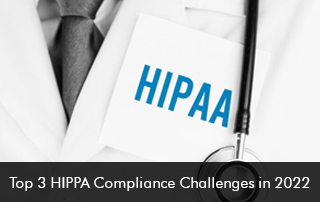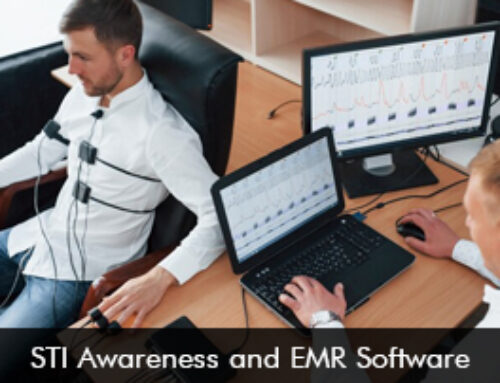Healthcare organizations must comply with HIPAA laws to protect and secure sensitive patient data. The use of Electronic Medical Records (EMR) Software system have improved healthcare delivery and patient care without a doubt, however, the risk of cybersecurity threats is prevalent.
HIPAA and new technology
The recent developments in technology have shaped HIPAA approaches in different ways. New technologies have bought awareness to problems that healthcare organizations did not deal with in the past. As organizations and medical practices are making their way to the year 2023, they can learn lessons from this year to make future compliance strategies for utmost data privacy.
3 HIPAA Compliance challenges of this year
- Dobb’s Decision – On 24th June 2022, the US Supreme Court threatened abortion rights in different ways across the country. This also presented unique challenges when it came to HIPAA compliance. The Dobb’s Decision means that access to safe abortion will be limited or completely banned in certain states. After the Supreme Court’s decision, the OCR released a guidance document. The document revealed that if a law enforcement official requests abortion records at a reproductive healthcare clinic without the court’s order the HIPAA rule will not allow the clinic to disclose the PHI. If the PHI was disclosed by the clinic it will be considered a breach. Entitled entities must collect the information required for clinical care, payments, or operations and leave added information that can be misinterpreted.
- Third-party risk – Breaches have highlighted third-party risk challenges. The year 2022, like all past years, has reflected that managing third-party risk remains a challenge for HIPAA-covered entities. The seven biggest healthcare data breaches reported to the OCR were due to third-party vendors. For example, a breach at the mailing and printing vendor affected 2.6 million individuals and 35 healthcare organizations.
- New technologies require updated HIPAA considerations – HIPAA was enacted well before, and new technologies are being deployed at hospitals. Hospitals are using the Internet of Things (IoT) devices and with the pandemic, organizations started leveraging virtual care tools such as Telemedicine EMR Software solutions to provide remote care services. Telehealth use has many benefits but has its set of security risks. It can be challenging to manage and monitor new technologies and devices being used. Every new technology has an updated set of compliance considerations.
HIPAA Compliance challenges will remain however, this is an ongoing journey, and organizations should go through risk assessments annually. The importance of data privacy should be instilled in all staff members any unusual activity should be reported to the IT department without any delays to reduce the risk of cybersecurity threats.







